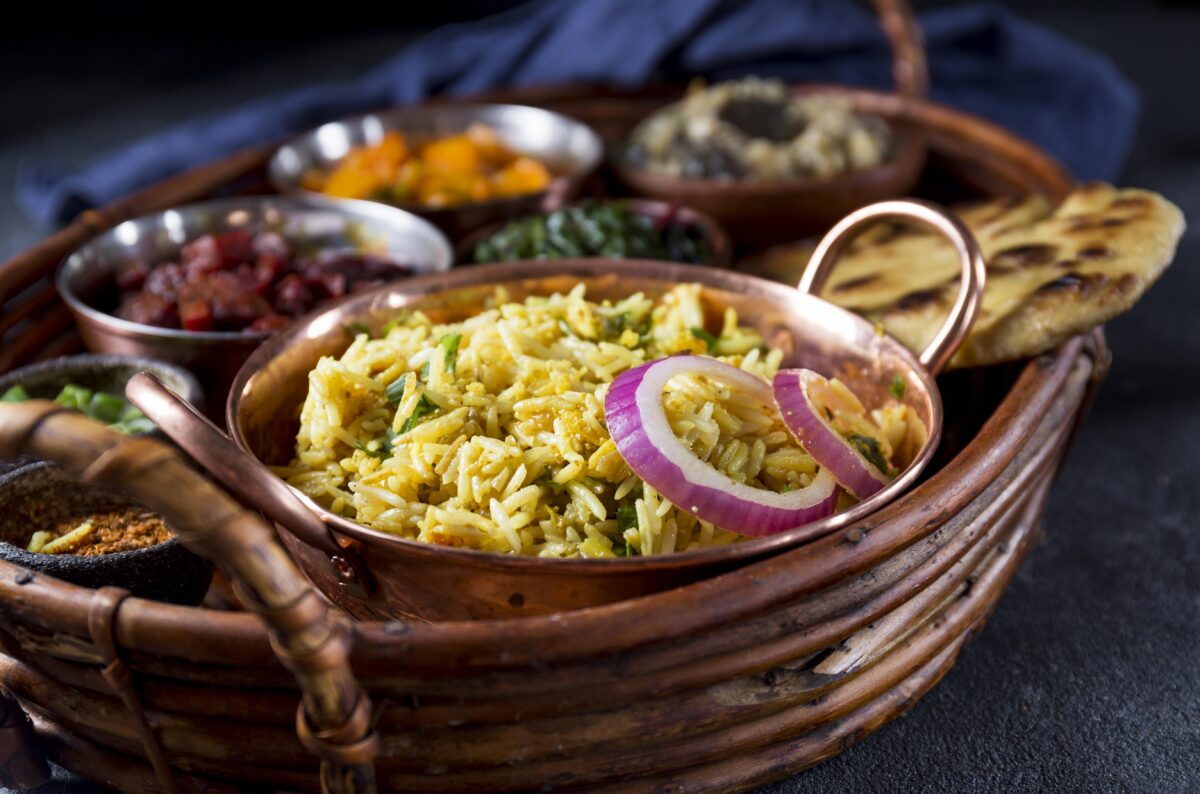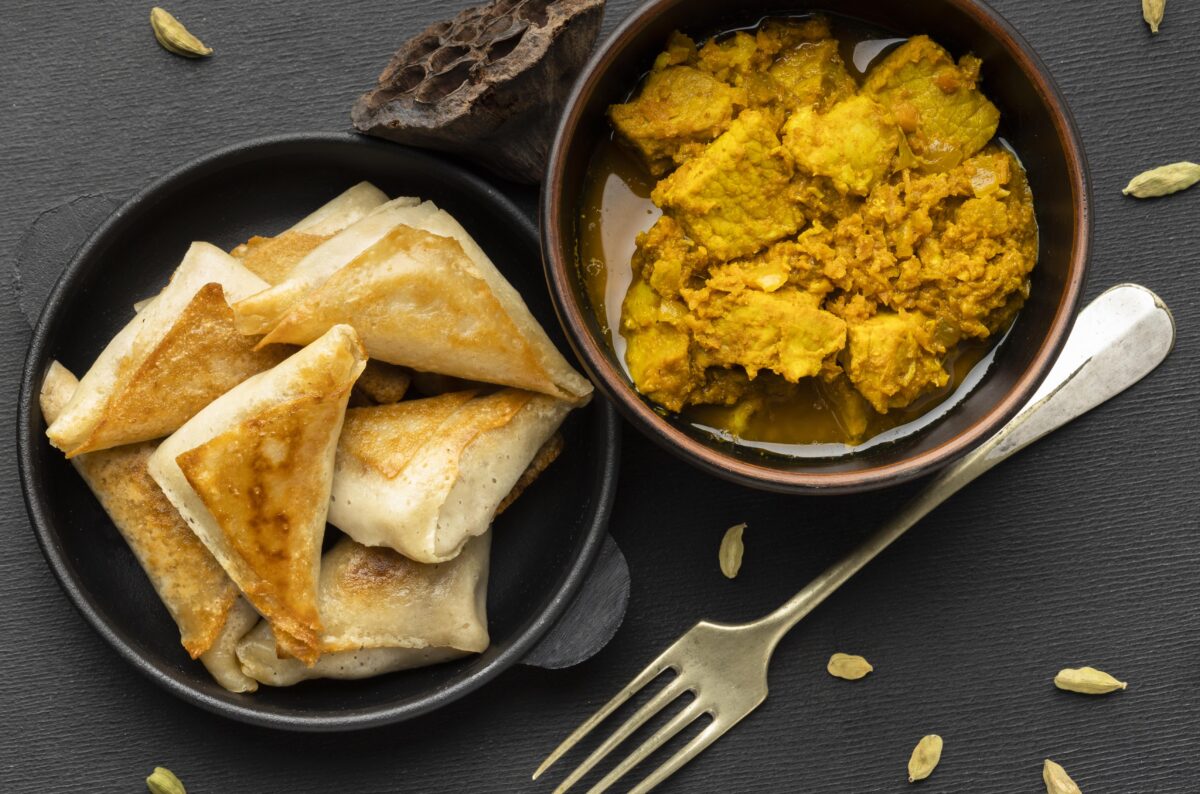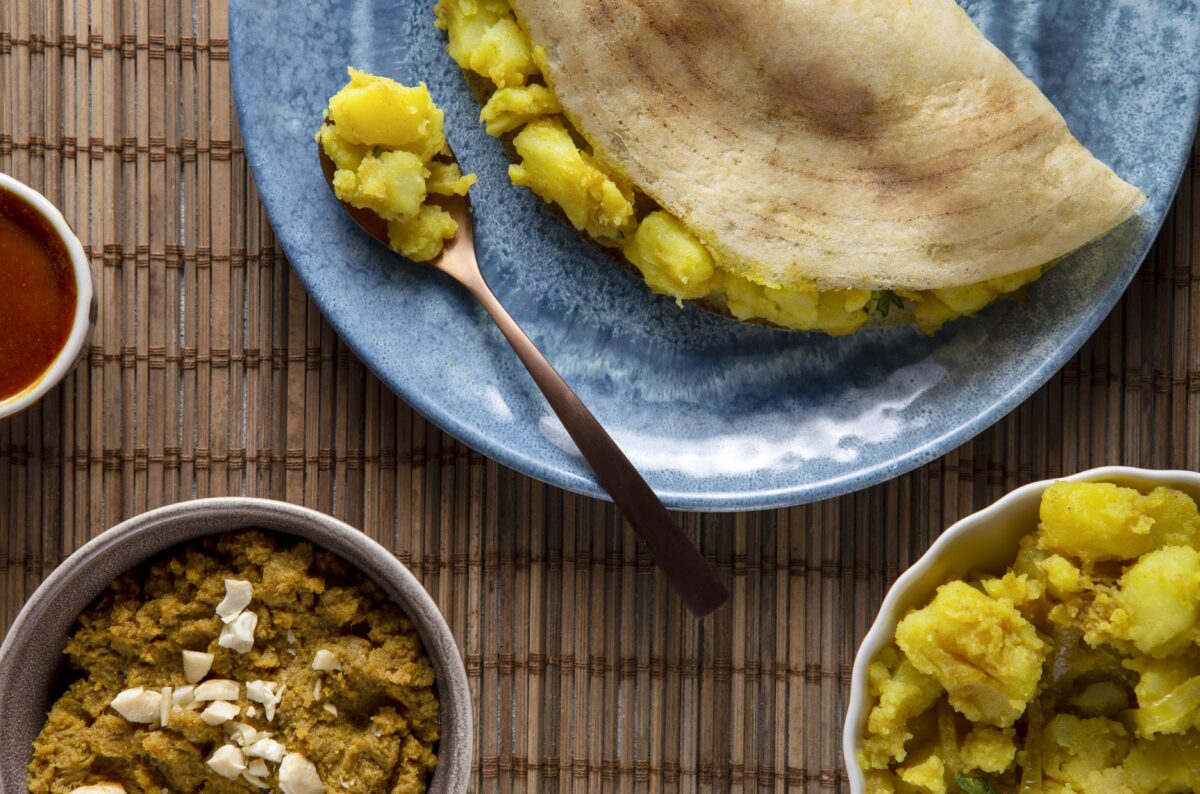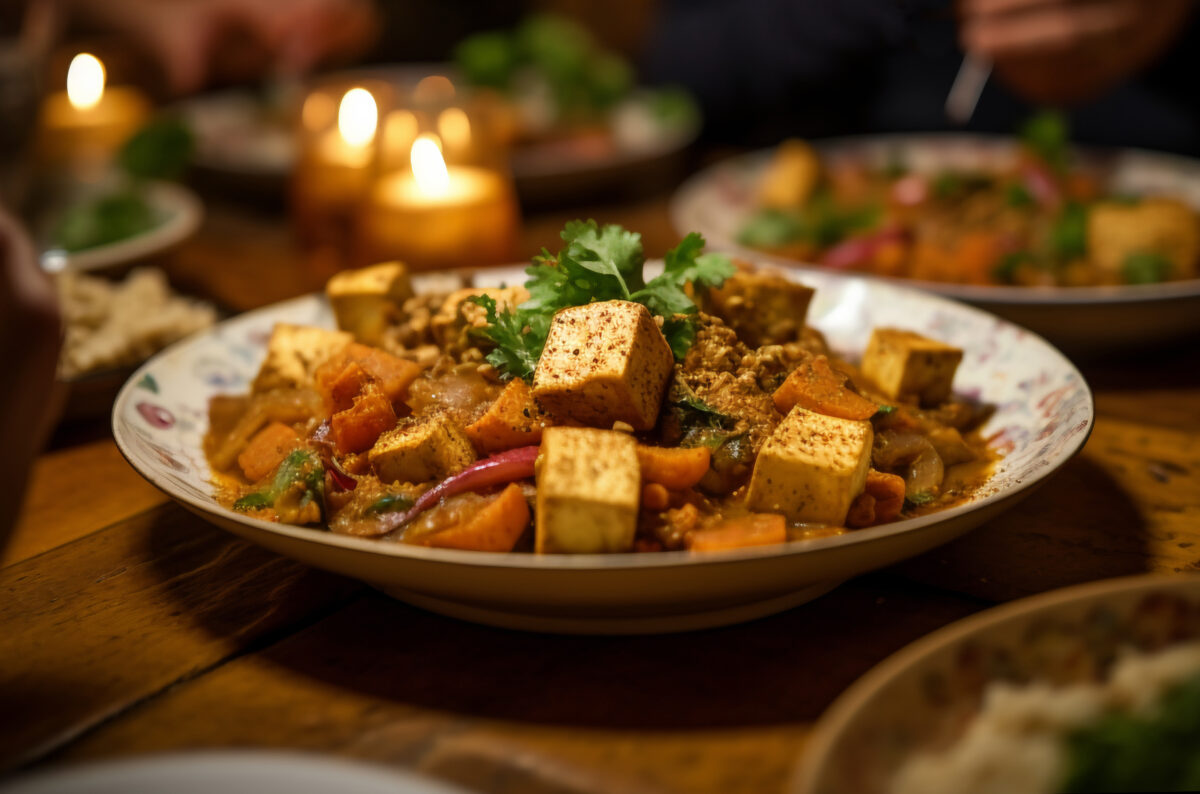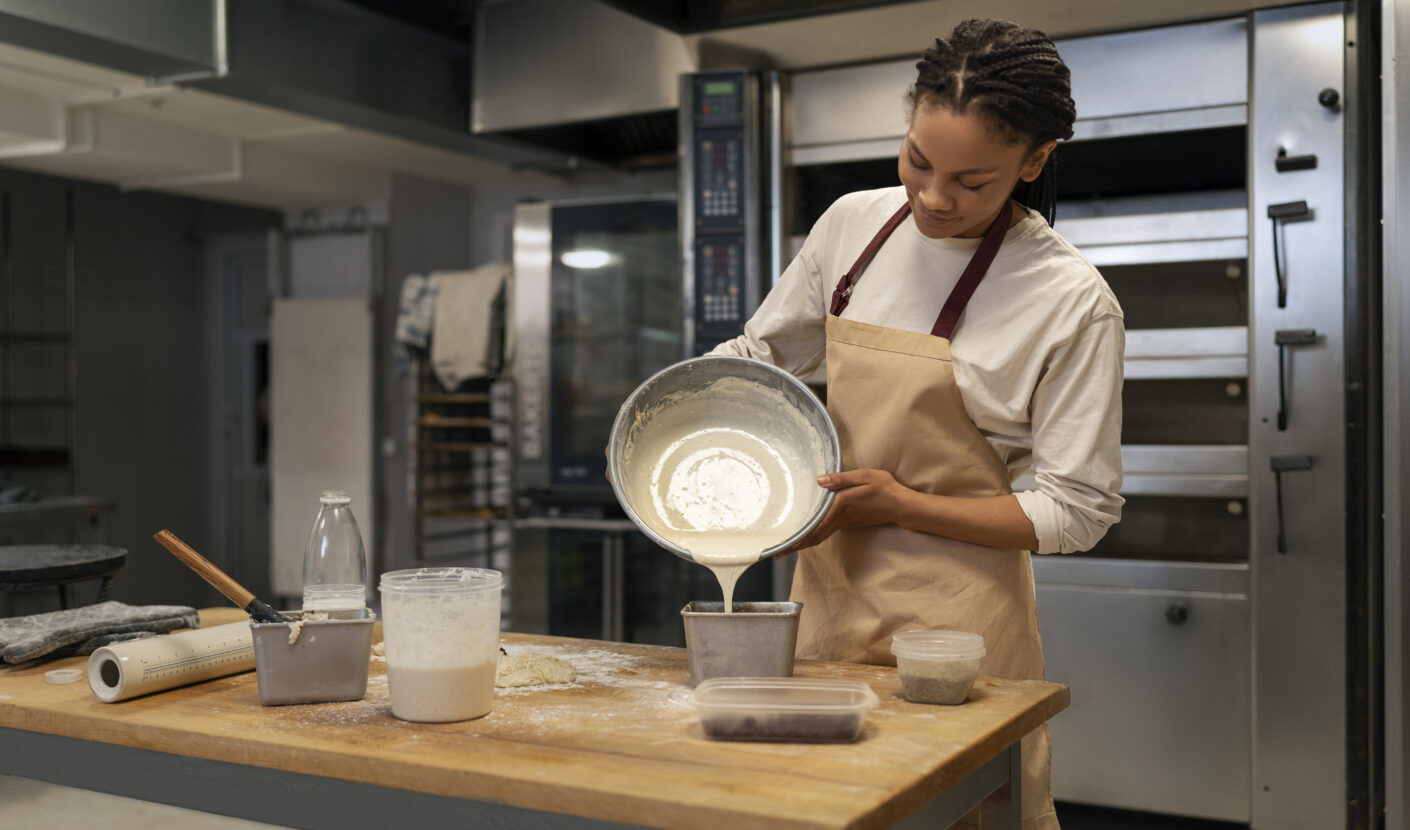
- April 9, 2025
How to Start Dosa Batter Business: The Ultimate Guide for Success
If you are looking for a profitable and scalable venture, learning how to start a dosa batter business can be your gateway to success. With an increasing demand for ready-to-cook food products, the dosa batter industry has witnessed significant growth. The food processing business is booming as more people seek convenient meal solutions without compromising on taste and nutrition.
Starting a dosa batter making unit requires minimal investment, making it an attractive business idea for entrepreneurs. With the right production setup, licensing, and marketing strategies, you can establish a successful brand. Whether you are targeting households, restaurants, or supermarkets, the opportunities are endless. This guide will take you through every step, from planning and production to distribution and scaling.
Market Potential and Industry Overview
Understanding how to start a dosa batter business begins with analyzing its market potential. The demand for ready-to-cook batter is rising due to urbanization, hectic lifestyles, and the growing preference for traditional South Indian cuisine. Consumers are increasingly looking for fresh, preservative-free dosa batter that saves them time in the kitchen.
- The ready-to-cook food market in India is growing rapidly.
- Dosa batter is a staple in Indian households, especially in metropolitan cities.
- Restaurants and caterers prefer to buy ready-made batter to streamline their operations.
- Supermarkets and grocery stores stock packaged dosa batter due to its high demand, similar to other famous South Indian foods.
The food processing business for dosa batter is relatively easy to enter, but competition is increasing. Differentiating your product with high-quality ingredients, superior fermentation techniques, and efficient packaging will help you gain a competitive edge.
Business Planning: Key Steps to Start
Conduct Market Research
Before you start production, conduct market research to understand:
- Local demand for dosa batter making and its pricing.
- Customer preferences for organic, preservative-free, or instant dosa batter.
- Competitors and their unique selling propositions.
- Distribution channels such as supermarkets, restaurants, and online sales.
Choose a Business Model
There are multiple ways to approach the dosa batter business:
- Home-based dosa batter making: Suitable for small-scale entrepreneurs with low investment.
- Small commercial unit: Allows you to supply to local supermarkets and restaurants.
- Large-scale production factory: Ideal for high-volume manufacturing and nationwide distribution.
Define Your Unique Selling Proposition (USP)
To stand out in the market, focus on:
- 100% natural and preservative-free dosa batter, a rising trend in South Indian traditional food.
- Unique fermentation process for better taste and texture.
- Eco-friendly and airtight packaging to ensure freshness.
- Bulk supply for restaurants, caterers, and grocery stores.
Setting Up Your Dosa Batter Production Unit
Setting up a dosa batter business requires careful planning and investment in the right equipment, ingredients, and workspace. The efficiency of your production unit will determine the quality, consistency, and scalability of your product. Whether you are setting up a home-based unit or a full-scale factory, having the right infrastructure is key to success.
Essential Equipment & Machinery
Investing in high-quality equipment is essential for producing dosa batter efficiently. The following machines will help you optimize production while maintaining hygiene and consistency:
- Wet Grinder: Used for grinding rice and urad dal to achieve the perfect consistency. A high-capacity wet grinder is essential for commercial production.
- Mixers and Blenders: Required for evenly mixing the batter before packaging. It ensures uniform texture and taste.
- Sealing and Packaging Machines: Packaging is a critical factor in preserving the freshness of dosa batter. Invest in vacuum sealing or airtight packaging machines.
- Cold Storage and Refrigeration Units: Dosa batter is highly perishable, and proper refrigeration helps in extending shelf life while maintaining taste and quality.
- Fermentation Chambers: Controlling temperature and humidity is important to achieve the right fermentation. A fermentation chamber ensures consistency in the final product.
- Weighing and Measuring Equipment: Precision is important in maintaining consistent quality, so investing in accurate weighing machines is necessary.
Ingredients and Preparation Process
The quality of dosa batter largely depends on the ingredients and fermentation process. Here’s how to prepare the best dosa batter for commercial sale:
Ingredients Needed
- Rice: Typically, parboiled or raw rice is used. The proportion of rice determines the crispiness of the dosa.
- Urad Dal: It provides softness and fluffiness to the batter. Ensure you use fresh, high-quality dal.
- Fenugreek Seeds: These enhance fermentation and add a distinct flavor.
- Water and Salt: Purified water is recommended for hygiene, and salt adds taste and increases the shelf life.
Step-by-Step Process of Dosa Batter Making
- Soaking: Wash and soak rice and urad dal separately for 4-6 hours. Fenugreek seeds should be soaked along with urad dal to enhance fermentation.
- Grinding: Use a wet grinder to grind urad dal to a fine, fluffy consistency. Then grind rice separately until smooth. Mix both together thoroughly.
- Fermentation: Allow the batter to ferment for 8-12 hours at a warm temperature. Fermentation enhances flavor, texture, and nutritional value.
- Packaging: Store in airtight, food-grade pouches or containers to maintain freshness.
- Refrigeration: Keep the batter in cold storage at 4-6°C to increase shelf life and prevent souring.
Licensing and Legal Requirements
To legally operate a dosa batter business, you need the following approvals and registrations:
- FSSAI License: A mandatory requirement for all food businesses in India.
- GST Registration: Required for tax compliance and legal invoicing.
- Trade License: Issued by local municipal authorities.
- MSME Registration: Helps small businesses avail government benefits and subsidies.
- Food Safety Certifications: Helps build trust and credibility in the market.
Cost Estimation and Financial Planning
Understanding startup costs and financial planning is essential to running a sustainable and profitable dosa batter business. Here’s a breakdown of the initial investment and expected profits.
Startup Costs
Starting a dosa batter making unit requires an investment in infrastructure, equipment, and operational costs.
- Equipment & Machinery: ₹1,00,000 – ₹5,00,000, depending on the production scale.
- Raw Materials: ₹10,000 – ₹50,000 per month, based on production capacity.
- Packaging Materials: ₹20,000 – ₹1,00,000 for food-grade packaging.
- Licensing & Legal Fees: ₹10,000 – ₹50,000 for obtaining approvals.
- Marketing & Branding: ₹25,000 – ₹1,00,000 for advertising and promotions.
Pricing and Profit Margin
- Production Cost per kg: ₹30-40
- Selling Price per kg: ₹80-120
- Expected Profit Margin: 30-50%
By selling 100 kg of batter per day, businesses can generate revenues of ₹8,000-₹12,000 daily, making it a lucrative business opportunity.
Marketing and Distribution Strategies
A strong marketing and distribution strategy will determine the success of your dosa batter business.
Branding and Packaging
- Invest in attractive eco-friendly packaging that keeps the batter fresh.
- Display the FSSAI certification to build customer trust.
- Design an appealing brand logo and tagline to create brand recognition.
- Consider a dosa franchise in india model to expand into multiple cities.
Digital Marketing Strategies
- Leverage social media platforms like Instagram, Facebook, and YouTube.
- Run Google Ads and local SEO campaigns targeting keywords like “dosa batter making” and “food processing business.”
- Partner with food bloggers and influencers for reviews and promotions.
Offline Marketing and Distribution
- Supply to supermarkets, grocery stores, and restaurants for bulk sales.
- Offer bulk discounts to caterers and tiffin service providers.
- Organize sampling campaigns at food festivals and local markets.
Challenges and Solutions in Dosa Batter Business
- Competition: Differentiate with quality, hygiene, and unique flavors.
- Shelf Life: Use proper refrigeration and packaging techniques.
- Scaling Up: Partner with distributors and expand online sales.
Future Growth Opportunities
- Expand into online delivery platforms like Swiggy and Amazon Fresh.
- Export to international markets targeting NRIs and Indian restaurants.
- Diversify product range to include idli batter, vada batter, and chutneys.
Conclusion
Now that you know how to start a dosa batter business, it’s time to take action. The demand for high-quality, ready-to-cook dosa batter is growing, and with the right approach, you can build a profitable brand.
Looking for premium dosa batter or franchise opportunities? Check out Mysore Aduge—a trusted name in authentic South Indian cuisine!
Frequently Asked Questions
The startup costs vary depending on scale but typically range between ₹1 lakh and ₹5 lakh.
Fresh dosa batter lasts 5-7 days when refrigerated at 4-6°C.
Yes, obtaining an FSSAI license is mandatory for any food processing business.
Yes, a small-scale home-based dosa batter business requires minimal investment.
You can sell to retail stores, supermarkets, restaurants, caterers, and online platforms.
Use high-quality ingredients, maintain proper fermentation time, and ensure hygienic packaging.
Use airtight, food-grade, eco-friendly pouches to preserve freshness.
Scale up by increasing production capacity, partnering with distributors, and expanding online sales.



